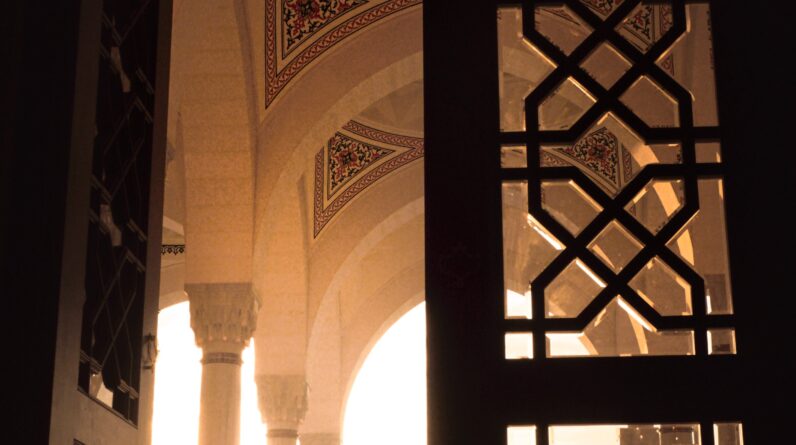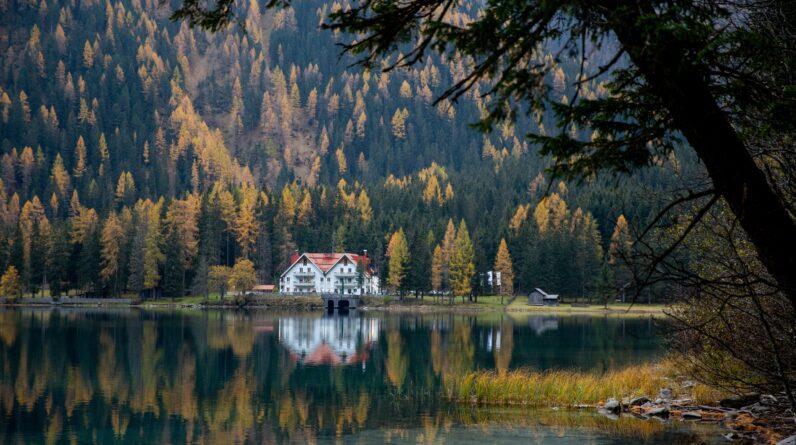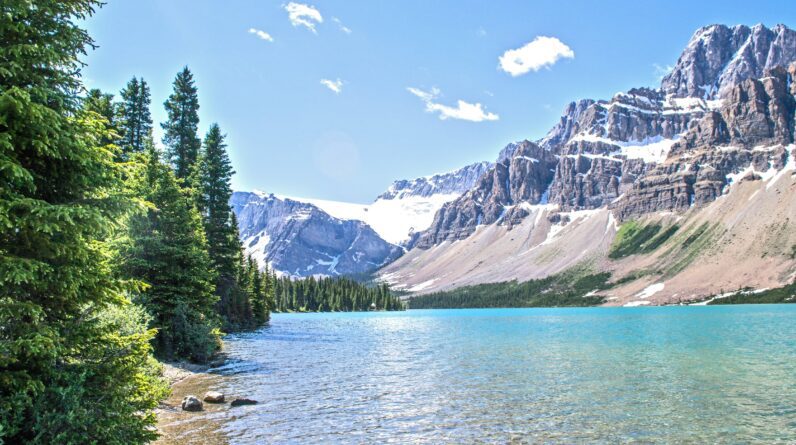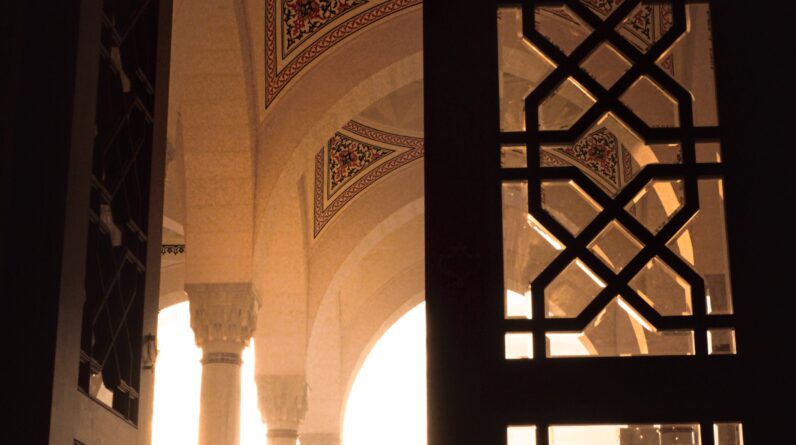
Las Vegas, a name synonymous with glitz, glamour, and endless entertainment, has a history that is as fascinating as its neon lights. Originally a modest oasis in the Mojave Desert, this vibrant city has transformed dramatically since its early days. But, *when was Las Vegas founded*? The year was 1905, and what began as a small railroad town has since evolved into the entertainment capital of the world.
Understanding the roots of Las Vegas provides a deeper appreciation for its current allure. The area was initially inhabited by Native American tribes before the Spanish explorers arrived in the 18th century. It wasn’t until the early 20th century, however, that Las Vegas began to take shape as we know it today. With the completion of the San Pedro, Los Angeles, and Salt Lake Railroad, Las Vegas became a pivotal stop, spurring development and attracting settlers.
The official founding date of Las Vegas is May 15, 1905, when 110 acres of land were auctioned off to eager buyers. This marked the beginning of a community that would grow exponentially over the next century. As you delve into the captivating history of this city, you’ll uncover stories of resilience, innovation, and transformation.
Curious to learn more about the journey of Las Vegas from a humble railroad town to a bustling metropolis? Visit our website to learn more and get started today! Click here.
Early Years of Las Vegas

The *early years of Las Vegas* were marked by a combination of modest beginnings and rapid developments that set the stage for its future growth. After its founding in 1905, Las Vegas quickly became a crucial hub due to its strategic location along the railroad connecting Los Angeles and Salt Lake City. This connectivity attracted a diverse population, including settlers, entrepreneurs, and prospectors, all eager to seize new opportunities.
One of the first significant milestones came in 1906 with the opening of the first hotel, the Golden Gate Hotel and Casino. This establishment catered to the influx of travelers and workers, setting the foundation for the hospitality industry that Las Vegas would become famous for. The early economy of Las Vegas was primarily driven by agriculture, mining, and the railroad, providing employment and stability to the growing community.
The construction of the Hoover Dam in the 1930s was a turning point, bringing thousands of workers to the area and injecting significant capital into the local economy. This massive project not only provided much-needed jobs during the Great Depression but also led to the development of infrastructure and services that supported the burgeoning population.
The early years of Las Vegas were a time of resilience and growth, with the community adapting to the challenges and opportunities presented by its environment. These foundational years laid the groundwork for the city’s eventual transformation into an entertainment powerhouse, driven by innovation and a relentless spirit of progress.
Significance of Las Vegas Founding

The *significance of Las Vegas’ founding* cannot be overstated, as it marked the beginning of a transformation that would turn a humble desert oasis into a global icon. When Las Vegas was founded in 1905, it was more than just the establishment of a new town; it was the creation of a pivotal junction that would shape the destiny of the American West.
At the heart of Las Vegas’ founding was the completion of the San Pedro, Los Angeles, and Salt Lake Railroad. This railway line was crucial for connecting Southern California with the rest of the country, making Las Vegas a vital stopping point for trains and travelers. The strategic location not only facilitated the movement of goods and people but also attracted businesses and settlers looking to capitalize on the opportunities presented by this new transportation hub.
Moreover, the founding of Las Vegas had a profound social and cultural impact. It became a melting pot of diverse cultures and backgrounds, with settlers from various parts of the country and the world converging in this budding town. This diversity laid the groundwork for the vibrant and eclectic community that Las Vegas is known for today.
The early establishment of hotels and casinos, starting with the Golden Gate Hotel and Casino in 1906, set the stage for Las Vegas’ future as an entertainment capital. These early endeavors demonstrated the city’s potential to become a destination for leisure and tourism, long before the glitz and glamour of the Strip emerged.
In essence, the founding of Las Vegas was a catalyst for economic, social, and cultural development. It created a nexus for commerce and community that would eventually blossom into the sprawling metropolis we know today, renowned for its entertainment, hospitality, and innovation.
Development in the 20th Century
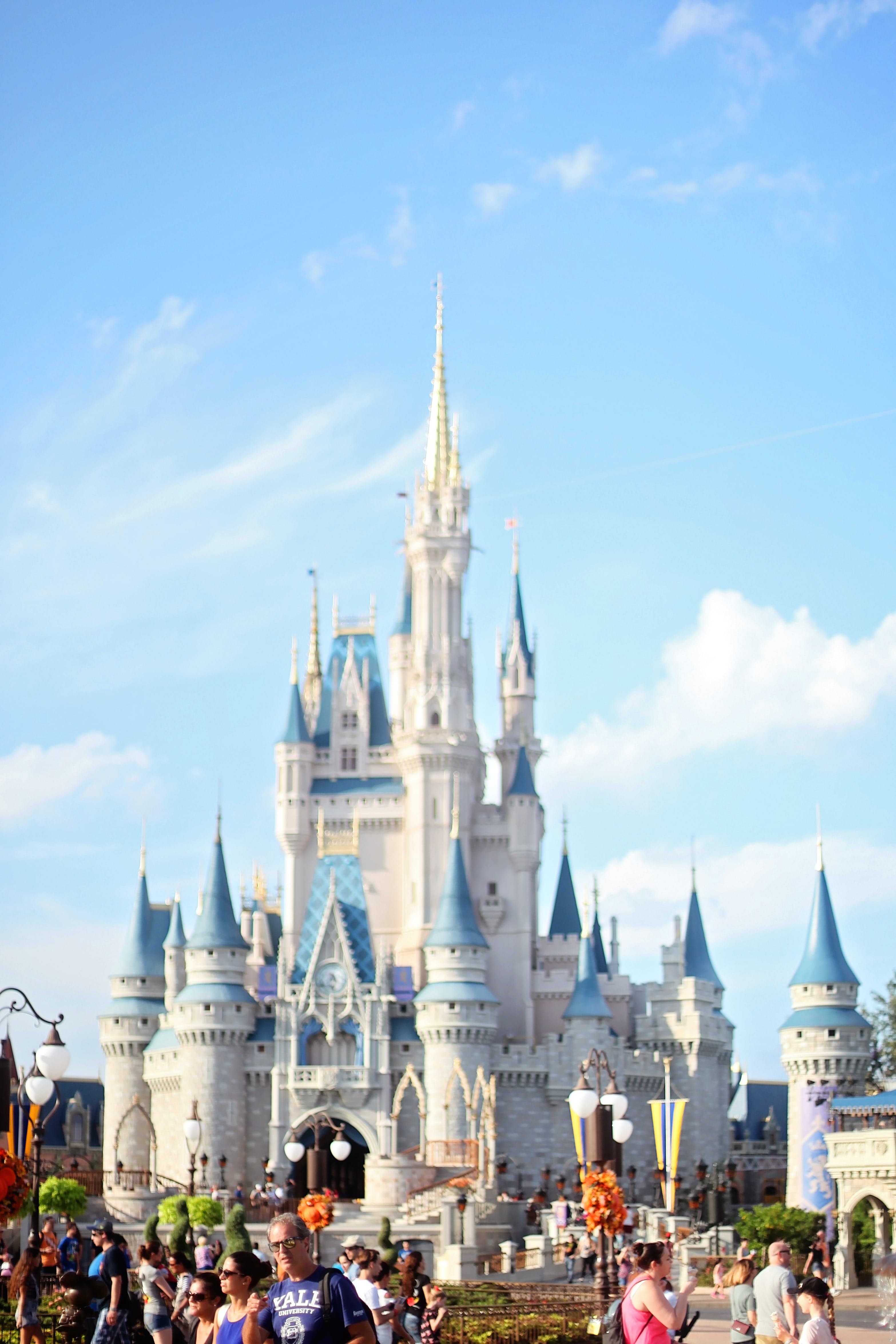
The *20th century* witnessed a remarkable transformation in Las Vegas, turning it from a modest railroad town into a bustling metropolis known worldwide. The early decades saw steady growth, but it was in the mid-century that Las Vegas truly began to evolve into the entertainment capital of the world.
One of the most significant milestones in this transformation was the construction of the *Hoover Dam* in the 1930s. This monumental project brought thousands of workers to the area, providing a much-needed economic boost during the Great Depression. The influx of workers and their families not only expanded the local population but also spurred the development of infrastructure and housing.
The 1940s marked the beginning of Las Vegas’ rise to fame as a *gambling and entertainment hub*. The legalization of gambling in Nevada in 1931 paved the way for the establishment of the first casinos and hotels. The opening of the El Rancho Vegas in 1941, followed by the Flamingo Hotel in 1946, set the precedent for the luxurious and extravagant resorts that would later define the Las Vegas Strip. These establishments attracted high-profile entertainers and celebrities, further elevating the city’s status.
The post-war era saw an explosion of *growth and innovation*. The 1950s and 60s were characterized by the rapid construction of iconic resorts such as the Sahara, the Sands, and the Riviera. These venues not only offered gambling but also featured top-tier entertainment, dining, and shopping experiences, attracting visitors from all over the globe.
As the century progressed, Las Vegas continued to diversify its attractions. The 1980s and 90s brought a wave of new developments, including theme parks, mega-resorts, and family-friendly entertainment options. This era also saw the rise of conventions and trade shows, positioning Las Vegas as a premier destination for business tourism.
Throughout the 20th century, Las Vegas’ development was driven by a spirit of *innovation and reinvention*. The city’s ability to adapt and evolve, coupled with its unique blend of entertainment, hospitality, and spectacle, solidified its place as a global icon and a must-visit destination.
Las Vegas as an Entertainment Capital
Las Vegas’ reputation as an *entertainment capital* is unparalleled, a title it has earned through decades of spectacular shows, world-class performers, and innovative attractions. The evolution of Las Vegas into an entertainment mecca began in the mid-20th century and has only grown more vibrant and diverse with time.
The heart of Las Vegas’ entertainment scene lies on the iconic *Las Vegas Strip*, a stretch of road where some of the most famous and extravagant hotels and casinos are located. Each venue offers its own unique brand of entertainment, from high-stakes gambling and luxurious accommodations to dazzling shows and gourmet dining experiences. Visitors can catch performances by legendary artists, enjoy Broadway-style productions, or marvel at cutting-edge magic acts and acrobatics.
One of the defining features of Las Vegas’ entertainment offerings is its array of *residency shows*. Over the years, the city has hosted long-term performances by a glittering roster of stars, including Elvis Presley, Celine Dion, Britney Spears, and Elton John. These residencies have not only cemented the city’s status as an entertainment hub but have also drawn millions of fans from around the globe, eager to see their favorite artists in a uniquely intimate and glamorous setting.
Beyond the Strip, *downtown Las Vegas* also offers a rich tapestry of entertainment options. The Fremont Street Experience, with its vibrant light shows and live performances, provides a nostalgic glimpse into the city’s storied past while embracing modern-day excitement. This area has become a hotspot for both tourists and locals, offering a more laid-back yet equally thrilling alternative to the Strip.
Las Vegas is also home to a burgeoning *cultural scene*. The Smith Center for the Performing Arts, for instance, brings Broadway shows, concerts, and ballet performances to the city, adding a touch of high culture to the entertainment landscape. Additionally, numerous art galleries, museums, and theaters contribute to a well-rounded cultural experience.
Sports enthusiasts find plenty to cheer about in Las Vegas as well. The city has become a major player in the sports world, hosting events from boxing matches and UFC fights to the arrival of professional teams like the Vegas Golden Knights and the Las Vegas Raiders. This diversification has expanded the city’s appeal, attracting a whole new demographic of visitors.
In essence, Las Vegas as an entertainment capital is a dynamic and ever-evolving entity. Whether you’re seeking the glitz and glamour of the Strip, the nostalgic charm of downtown, or the cultural and sporting events that add to its vibrancy, Las Vegas offers an unmatched array of experiences that truly make it a *global entertainment powerhouse*.
Modern Day Las Vegas

Today, **Las Vegas** stands as a testament to its ability to adapt and thrive through the years. The city has transformed from a modest railroad town into a sprawling urban oasis, brimming with life, lights, and limitless possibilities. Modern-day Las Vegas is a blend of its *storied past* and a vibrant present, continuously redefining itself to stay ahead of the curve.
One of the most striking aspects of contemporary Las Vegas is its **architectural marvels**. The skyline is dotted with towering hotels, each more extravagant than the last, boasting designs inspired by iconic landmarks from around the world. Whether it’s the pyramids of Luxor, the canals of Venice at The Venetian, or the Eiffel Tower at Paris Las Vegas, the city’s architecture is a journey through some of the world’s most beloved destinations—all in one place.
Las Vegas has also embraced **technology and innovation**. From state-of-the-art casinos featuring the latest in gaming technology to immersive virtual reality experiences, the city is at the forefront of the entertainment and hospitality industry. The introduction of smart technology into hotel rooms and the use of artificial intelligence to enhance guest experiences are just a few examples of how Las Vegas continues to push boundaries.
Beyond the glitz and glamour, modern-day Las Vegas has become a **culinary hotspot**. Renowned chefs from around the globe have flocked to the city, opening restaurants that offer a diverse range of cuisines. Whether you’re in the mood for gourmet dining or casual eats, Las Vegas’ food scene is sure to tantalize your taste buds with its vast array of options.
Moreover, the city’s **commitment to sustainability** is becoming more evident. Numerous initiatives have been launched to reduce the environmental impact of tourism, from eco-friendly hotel practices to large-scale renewable energy projects. This shift towards sustainability is not only crucial for the environment but also enhances the overall experience for eco-conscious travelers.
Entertainment remains a cornerstone of Las Vegas, but today’s offerings go beyond the traditional shows and casinos. The city is home to a burgeoning **art scene**, with public art installations, galleries, and festivals that celebrate creativity in all its forms. The Life is Beautiful festival, for example, combines music, art, and culinary delights, drawing crowds from around the world.
Whether you’re a first-time visitor or a seasoned traveler, modern-day Las Vegas promises an experience like no other. The city is constantly evolving, ensuring that there’s always something new to discover. So why wait? Visit our website to learn more and get started today!



